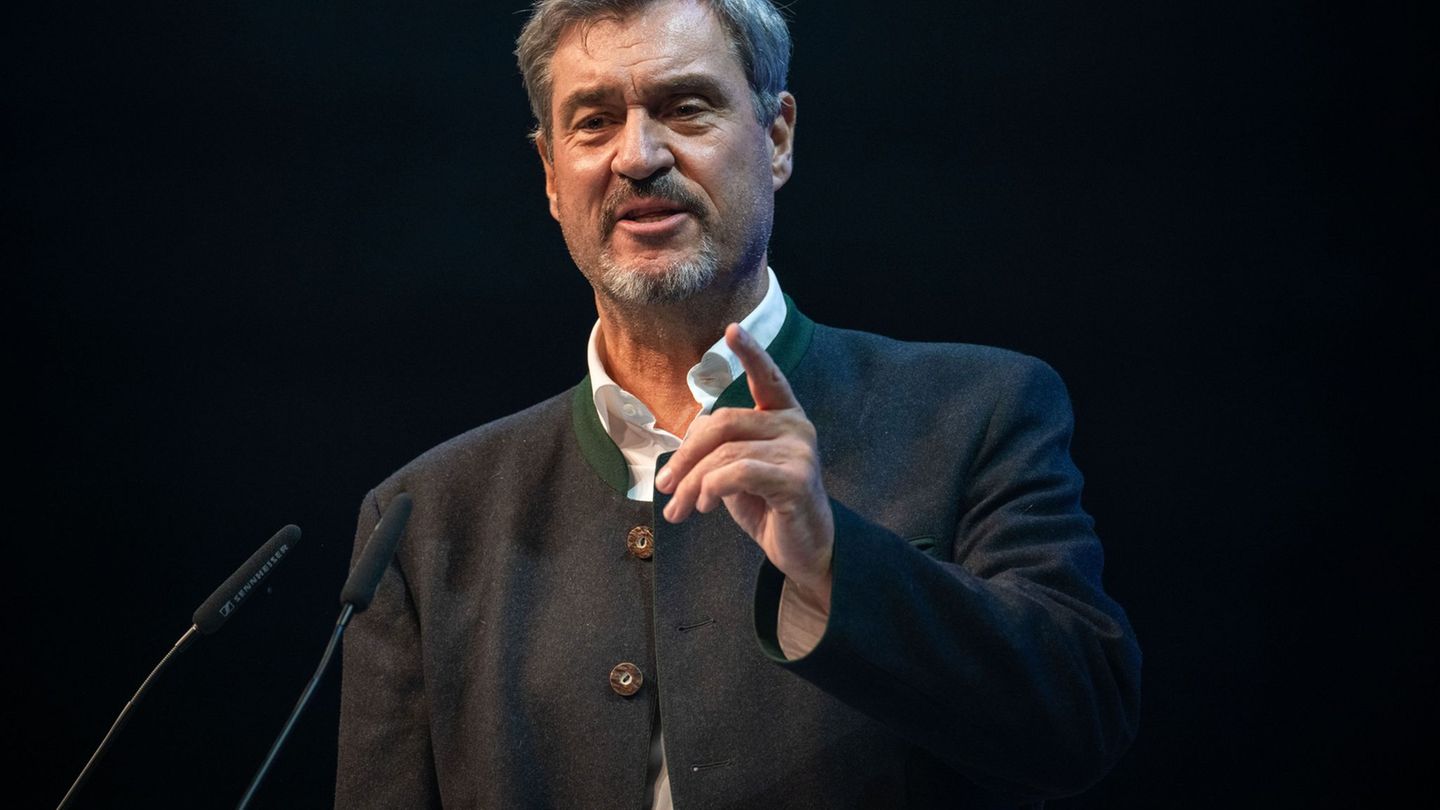Unfortunately for Boric, beyond the present justifications -Russia’s conflict with Ukraine, the pandemic, or even the effects of the increase in consumption derived from the previous withdrawals worth 55,000 million dollars-, much of the objective of finding a solution for the future hovers in understanding that the dilemma is historically structural: the vast majority of Chileans have major economic problems (social outbreak of 2019 dixit), which leads to enormous discontent among human beings who want and need money already in your pockets.
Therefore, this counterpoint between the situation, the famous “economic patch” that we know so well in our country and we know that it does not solve the underlying problem, can become a great political dilemma for Boric: It is that the recently assumed government wants to show a center-left pragmatism that does not conform to the center-right opposition, nor to the ruling party itself, flooded with Trotskyism.
And yes, it is impossible to harmonize with the historic neoliberal caste -which has marked, in its various variants since the return of democracy, the macroeconomic destinies of the country-, whose central dogmatic axis is keep the price level in check. But this is not all; for example, one of its main explanatory flags tells workers that “it is not right” for them to pay for the crisis with their own savings, but that the government should encourage it beyond the AFPs. It sounds logical. But how difficult it is to achieve.
It is that as the opposition left maintains: with current wages there is no room for savings. “Those who can save are the financiers linked to the enormous profits that the AFPs have obtained in recent decades,” they point out from a critical position appealing to moral justice. For this, a more progressive (aggressive?) distributive economic policy is required, which is the only one that could generate a more equitable intra-systemic economic framework. Of course, it is known that you can speak to the most conservative right from the heart, but they will always respond with their pockets: for the Elites, withdrawals are “a populist, irresponsible, short-sighted, and above all short-sighted policy.”
And in the middle of all this ‘battle’ is the recently anointed president, who seeks to avoid the multiplier effect at all costs, hindering an overheating of an economy that, already hit, has many battle fronts. For this, he used the affirmative vote for his project of 11 of the 12 deputies of the historic Chilean Communist Party. Beware of names, the dialectic is dangerous for the few who have any hope in ideological programs that can truly subvert a regime that generates enormous discontent.
“But does that mean that those who would benefit from the Executive’s bill would be the banks and service companies that would collect the debts of impoverished clients?” They charged from within the government coalition itself. That’s how it is; the sheet is short and not everyone can be satisfied: in the “class struggle” anything goes and you have to go all out. “If they really want to confront inflation, from the left we also propose other structural measures. Not only should wages and pensions be raised, but there should also be price control through worker and user committees, as well as the opening of the accounting records of large companies and distributors of basic goods that allow stop speculation with the basic needs of the population”.
Beyond the chicanes and diverse proposals, the other question points to the retirement and pension system itself. In the structuralist logic of the most radical left, the primary objective is the end of the AFPs themselves, which have made fortunes in the last 40 years and only provide a average return rate to the worker of the order of 30% of salary (while in the OECD it is around 66%). “We will only accept the necessary implementation of a solidarity, distribution, tripartite and democratic system; that is to say, that the workers and retirees themselves decide when and how to invest in public works or social services so that these savings grow and allow retirement with pensions that cover the family basket”.
The response of the variety of parties that balance in the spectrum that covers the center to the right, maintains that this is completely irresponsible because today in Chile there are about 260,000 million dollars in pension savings that are in personal savings accounts; therefore, with the end of the AFPs, the values of the pension funds will be greatly liquefied and the money of the contributors will be totally depreciated at the moment they want to recover them. Do you play with fear? Probably. Who will bear the losses if this happens? The State as always, of course. The norm ‘individual gains, socialized losses’, is always fulfilled under the logic of the concentrating systemic dynamic that has made a dent in our Latin American history.
In short, President Boric is trying to show his nickname of ‘tightrope walker’. To the left of his electorate, he tells them that “we must be responsible in fiscal spending.” For his part, he tries to contain the Elites with a “I don’t expect them to agree with me, but I do expect them to stop being afraid of us.”
In this context, we can affirm that in a world where rationality and pragmatism prevail -whether we agree or not according to our morals and good customs- high inflation is a scourge that must be combated. The only thing that is certain is that, given the global systemic economic structure in which we are immersed, a scenario of out-of-control price increases harms above all those who have the least. Which, unfortunately, today are the majority.
‘Evil of many, consolation of fools?’ While some are resigned, others maintain that the only thing missing is the courage to provide a superior solution. In the meantime, at the moment that you are reading these lines, the same as always, from the honeys of a bonanza derived from the perfect combination of power in excess and wealth in abundance, experience this inflationary process as one more of many which of course, whatever happens, never affects them.
Pablo Kornblum, Economist and Doctor in International Relations. Twitter: @KornblumPablo
Source: Ambito




